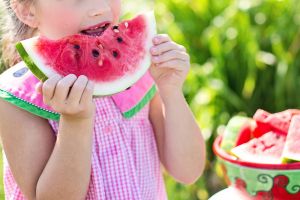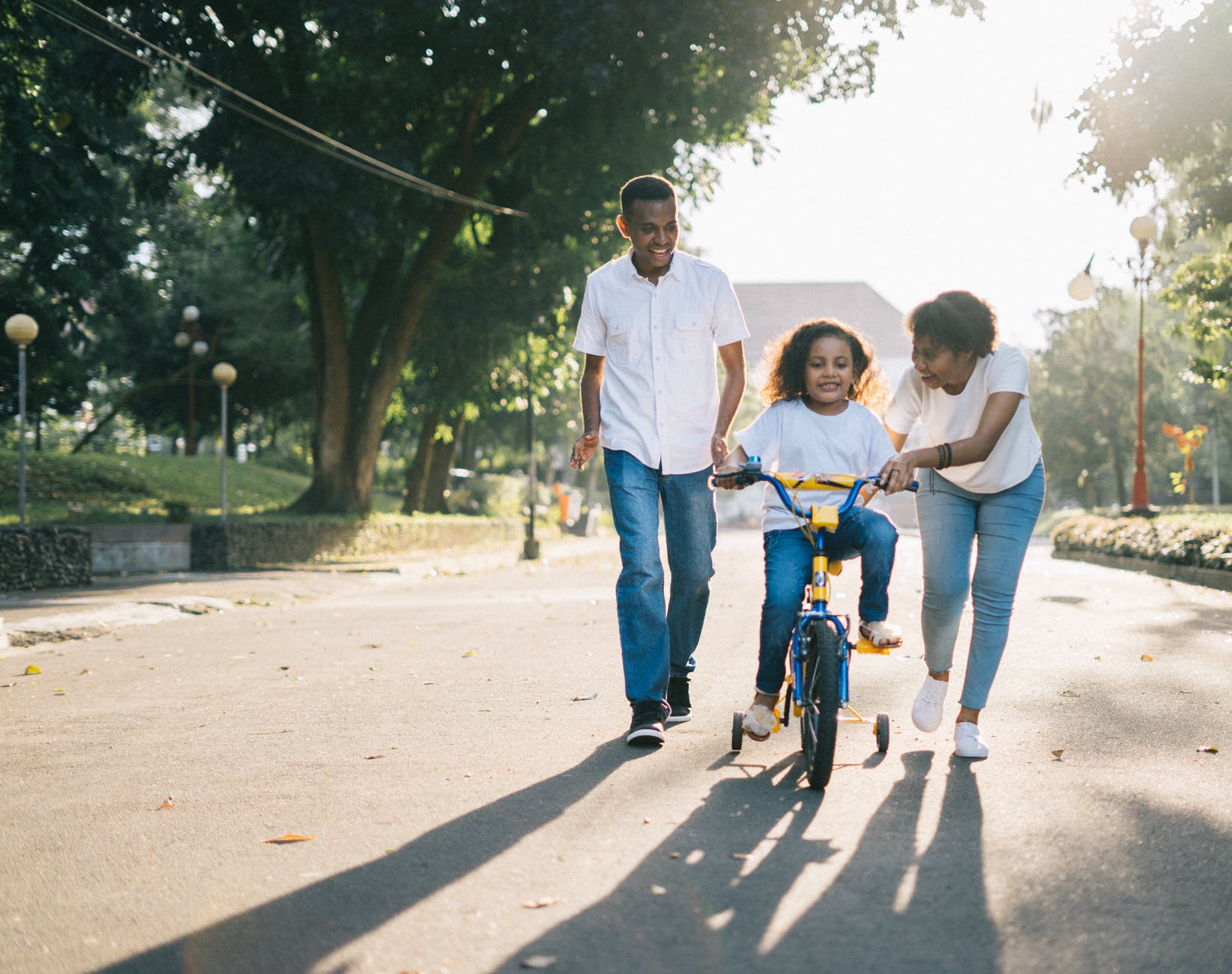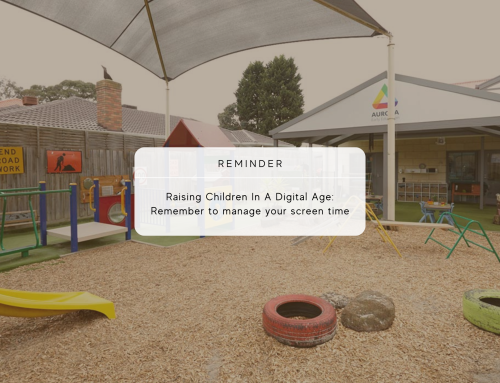Many of us are familiar with the word ‘resilience’ or the ability to bounce back; a trait more commonly expressed through the phrase “when life gives you lemons, make lemonade.” As adults, we practice resilience every time we surmount a challenge or solve a problem.
However, resilience is not a quality that hibernates until it one has to tackle problems in ‘adulthood’. Resilience in early childhood can be nurtured and will help our children as they grow and try to navigate developmental milestones and make the transition to school from Kinder.
A few decades ago, resilience was seen as just the ability to bounce back from challenges and debilitating circumstances. Today, researchers adopt a much broader view of resilience; it is seen as how an individual responds to and learns from any challenge. A child displaying resilience may, after falling off a bicycle, simply get back on the bicycle and keep riding, watching the road more carefully for obstacles. As children practice resilience in everyday scenarios, they are able to build on their ability to bounce back when faced with deeper challenges in their later lives.

Research has found that most children are “emotionally buyant”; they are able bounce back from challenges and setbacks more easily than adults can. As adults and caregivers, there are many ways we can help encourage children to bounce back and become more resilient.
How Do We Build Resilience?
-
Practice Empathy
Kidspot, a parenting website reccomends that parents listen to their children “with their hearts” and “see the world through your child’s eyes”.

What may seem like a minor problem, like your child not being able to read a certain word, can be a major challenge for a child. Practice empathy to try to understand how your child engages with the world and the challenges that they face.
At the same time, encourage your child to practice empathy towards others, be it their peers, family or even their pets.
When children feel that they have a strong emotional support system, especially in the form of affirmation and affection from their carers, they feel more empowered and supported as they navigate difficult situations. www.psycom.net/build-resilience Positive relationships also enhance children’s capacity to cope and maintain a high self esteem. http://www.child-encyclopedia.com/resilience/according-experts/early-childhood-relationships-and-roots-resilience
-
Teach Children Self Care and Self-Help Skills

Teach your children to be self-dependent, starting with giving them the independence to do small, developmentally appropriate tasks like feeding themselves, washing their hands and brushing their hair.
Make sure your child understands the importance of healthy habits like eating well, resting and exercise. While a child who can successfully undertake tasks himself feels more confident in his abilities, a child who understands the importance of self-care has a healthier body and mind; all elements which will help them bounce back and approach a challenge with determination.
-
Practice Mindfulness

At Aurora Early Education, mindfulness is one of the most important pillars in our curriculum. Educators encourage children to practice mindfulness in a variety of situations including during mealtimes, as well as during rest times. Mindfulness helps all individuals slow down the typical flight or fight response to stressful situations and, instead, will help children react to stressful situations calmly.
Mindfulness has also been found to help children better understand their emotions and feel a sense of appreciation and gratitude for big and small joys in their lives. It is this sense of contentment and calmness in the face of stress which will help them develop resilience.
Parents and caregivers can easily incorporate mindfulness into daily routines by taking pauses everyday to encourage children to reflect on the taste, smell and look of a particular food or think about how their bodies feel at any particular moment.
-
Socio-emotional Learning

One of the biggest consequences of any challenge is the negative emotions that accompany it. These could range from anger to fear to sorrow to regret. Socio-emotional Learning which is when children learn to regulate and manage their emotions, helps build resilience as they are able to better deal with setbacks.
Socio-emotional learning includes five main skills; self awareness, social awareness, self management, relationship management and responsible decision making. While these may seem like they are too complex to teach a child, we can start laying the foundation for these skills by helping children become more aware of their emotions and strengths, by helping them strengthen relationships and helping them practice self motivation through simple everyday conversations.
-
Acceptance
While early childhood is a wonderful time to help children develop in a variety of ways, it’s equally important to appreciate and accept a child for what and who they are. Recognise and praise a child’s efforts and take time to express your pride and affection for them.

Children who receive positive feedback from those that they look up to; most often their parents, educators and peers become more confident, more emotionally strong and have a stronger belief in themselves and their abilities.
As well as helping children have a richer, happier childhood, children can carry resilience through different stages of development as they progress into school, pursue higher education and eventually become well-developed, confident, capable adults. Let’s help them develop resilience in early childhood today!
Have a trip to Aurora Early Education:





